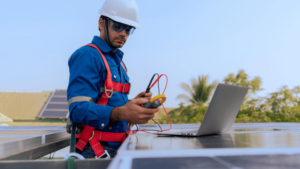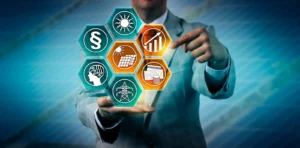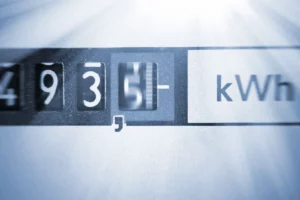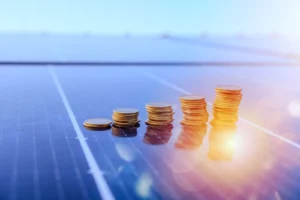Ever wondered how long it takes for solar panels to pay for themselves? This is a crucial question for homeowners considering a switch to solar energy. This article explores the concept of solar panel payback period, helping you understand how long it might take to recoup your investment and start reaping the financial benefits of clean energy.
Beyond cost savings, solar panels offer environmental advantages by reducing reliance on fossil fuels. However, the initial installation cost can be a significant hurdle. Understanding the payback period allows you to make informed decisions about whether solar power is a financially sound option for your home.
What is a solar payback period?
What is the payback period for solar panels? The solar payback period refers to the estimated time it takes for the cost savings generated by your solar panel system to equal the initial investment in purchasing and installing the panels. In simpler terms, it’s the time it takes to “break-even” on your solar investment.
What is a good payback period for solar panels?
A good solar payback period typically falls between six and ten years. However, this timeframe can vary depending on several factors unique to your situation. A shorter payback period indicates a faster return on investment, making solar power more financially attractive.
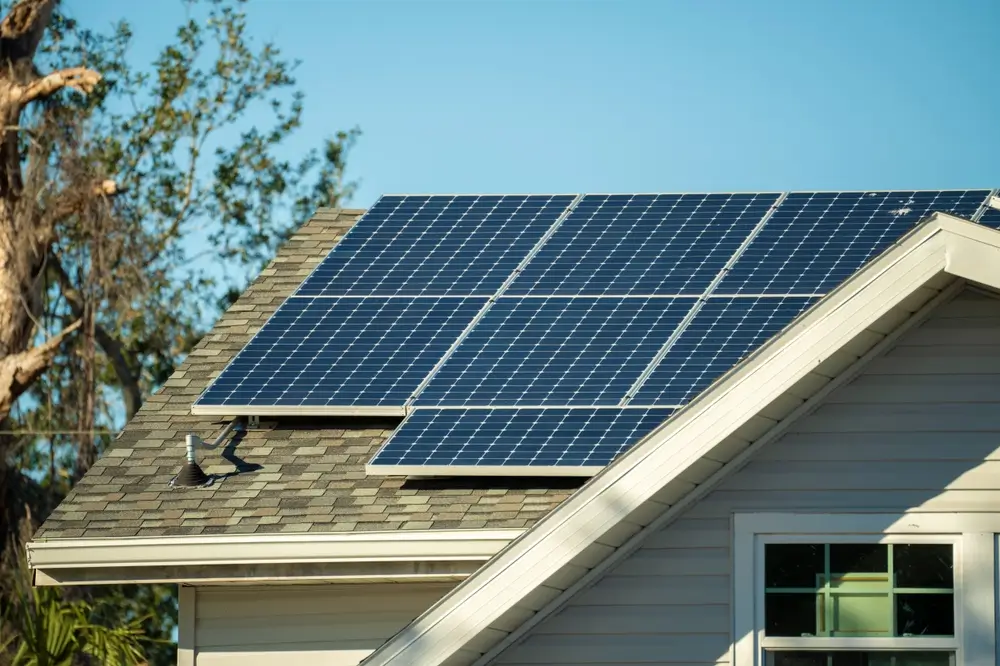
Factors That Impact Your Solar Payback Period
The time it takes to recoup your investment in solar panels can vary depending on several factors. Understanding these influences will empower you to make informed decisions that optimize your solar power system. Let’s explore some key considerations that can impact your solar panel payback period.
Initial Costs of Your Solar System
The size and complexity of your solar panel system directly affect the upfront cost. A larger system will generate more electricity and potentially save you more money in the long run, but it will also have a higher initial cost.
Financing Methods
Cash purchases offer the quickest payback period, but financing options like solar loans can make solar power more affordable upfront, potentially extending the payback period.
Solar Installation Rates
Installation costs vary depending on your location, the installer you choose, and the complexity of your roof. Negotiating competitive installation rates can shorten your payback period.
Solar Incentives & Tax Breaks
Government incentives and tax breaks can significantly reduce the upfront cost of your solar system, leading to a faster payback period. Research available incentives in your area.
Net Metering
Net metering allows you to sell excess solar energy back to the utility grid, earning credits that reduce your electricity bill. This can significantly shorten your payback period. Not all locations offer net metering, so check with your utility provider.
Monthly Electric Expenses & Consumption
The more you currently spend on electricity, the more you’ll save with solar power, leading to a quicker payback period. Analyze your past electricity bills to estimate potential savings.
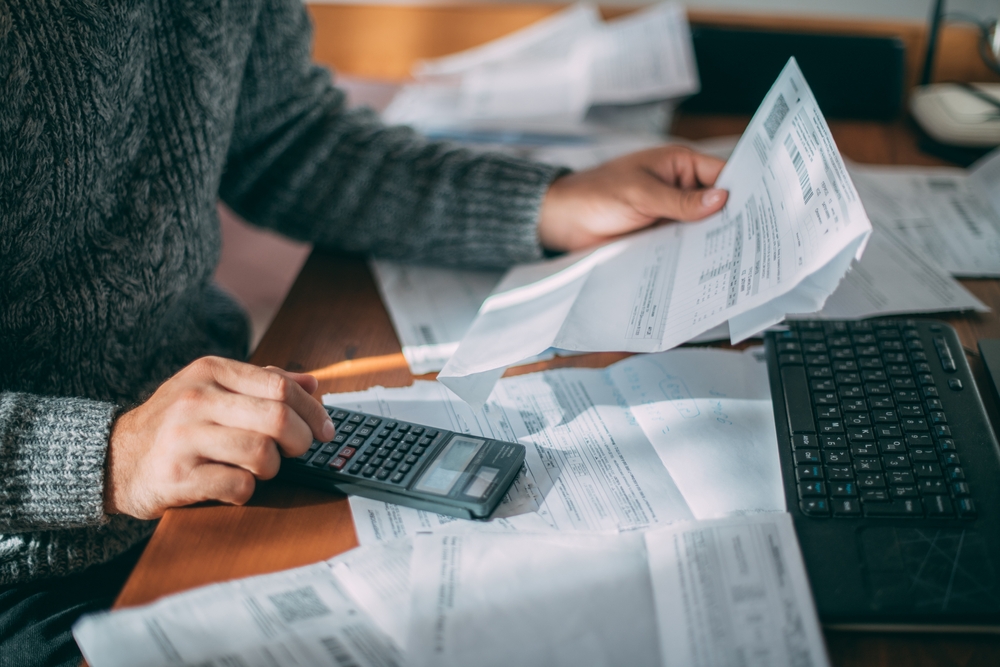
How To Calculate Your Solar Panel Payback Period
Curious how long it might take for your solar panels to pay for themselves? The payback period calculation offers valuable insight. This straightforward process considers your upfront costs, potential savings, and financial incentives, helping you determine when your solar investment will start generating financial returns.
Determine Your Combined Costs
Begin by calculating the total cost of your solar panel system, then subtract any applicable tax incentives. This gives you your “combined costs.” (Formula: Total cost – tax incentives = combined costs)
Calculate Annual Savings
Estimate the amount you’ll save annually on electricity bills after installing solar panels. Factor in any potential incentives you might receive for selling excess energy back to the grid. (Formula: Eliminated annual electricity costs + annual incentives = annual savings)
Final Calculation for Solar Payback Period
Divide your combined costs by your estimated annual savings to get your projected solar payback period. (Formula: Combined costs / annual savings = solar payback period)
Do solar panels save you money?
In most cases, solar panels do save you money on electricity bills in the long run, especially after recouping your initial investment. The exact amount of savings depends on factors like your location, energy usage, and system size. However, with rising electricity costs and potential future incentives, solar power becomes an increasingly attractive option for homeowners seeking to reduce their energy bills and environmental impact.
How much does solar save you each month?
The monthly amount you save with solar panels depends on your specific situation. However, a properly sized solar system can significantly reduce or even eliminate your monthly electricity bill.
Planning To Switch To Solar? Get In Touch with Nivo Solar Today!
Nivo Solar is a leading residential solar installation company in Houston, TX, dedicated to helping homeowners make the switch to clean energy. We offer top-quality solar panels, expert installation, and exceptional customer service. Our experienced team can help you design a solar system that meets your energy needs and budget, ensuring a swift payback period and long-term financial benefits.
Frequently Asked Questions About Solar Panel Payback Period
Unsure if solar panels are right for your home? This FAQ section addresses some common questions regarding solar panel payback periods and other considerations. Learning more about these factors will empower you to make an informed decision about switching to clean energy.
1. What if my roof isn’t ideal for solar panels?
A Nivo Solar specialist can assess your roof during a free consultation. There are various panel mounting options, and even partially shaded roofs can benefit from solar power.
2. How long do solar panels typically last?
High-quality solar panels can last 25 years or more, with minimal efficiency loss over time. This means you’ll enjoy long-term energy savings after recouping your initial investment.
3. Is solar panel maintenance expensive?
Solar panels require minimal maintenance. Routine cleaning with water may be necessary, and occasional inspections are recommended. Nivo Solar can discuss any potential maintenance needs during your consultation.
4. What happens if I sell my house before the payback period ends?
Solar panels can increase your home’s value, potentially attracting buyers willing to pay more for a home with a pre-existing solar system. You’ll also benefit from lower electricity bills while you own the home.
5. Is financing available for solar panel installation?
Absolutely! Nivo Solar can help you explore various financing options to make switching to solar power more affordable upfront. This can extend your payback period slightly, but it allows you to start enjoying the benefits of solar energy right away.
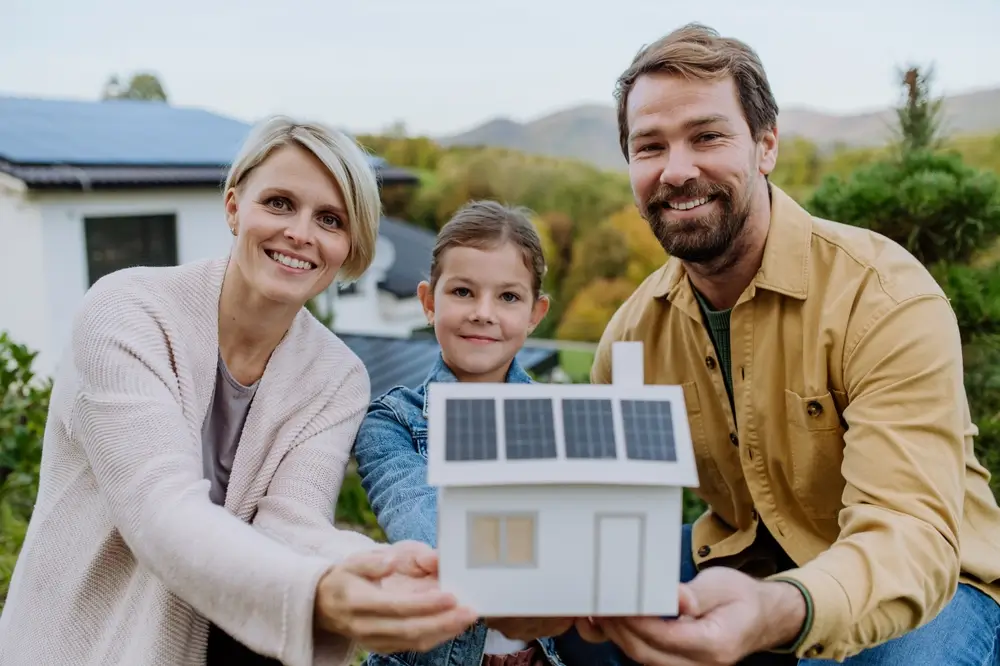
Reap the Rewards: A Brighter Future with Solar Power
While the initial investment in solar panels can seem daunting, understanding the payback period and the factors that influence it can help you make an informed decision. Solar panels offer long-term financial benefits through electricity cost savings and also contribute to a cleaner environment for generations to come. By calculating your estimated payback period and exploring financing options, you can determine if solar power is the right choice for your home.
With reputable solar installation companies like Nivo Solar by your side, the transition to clean energy can be a smooth and rewarding experience. Don’t hesitate to take the first step towards a brighter future – contact Nivo Solar today and unlock the power of the sun!

